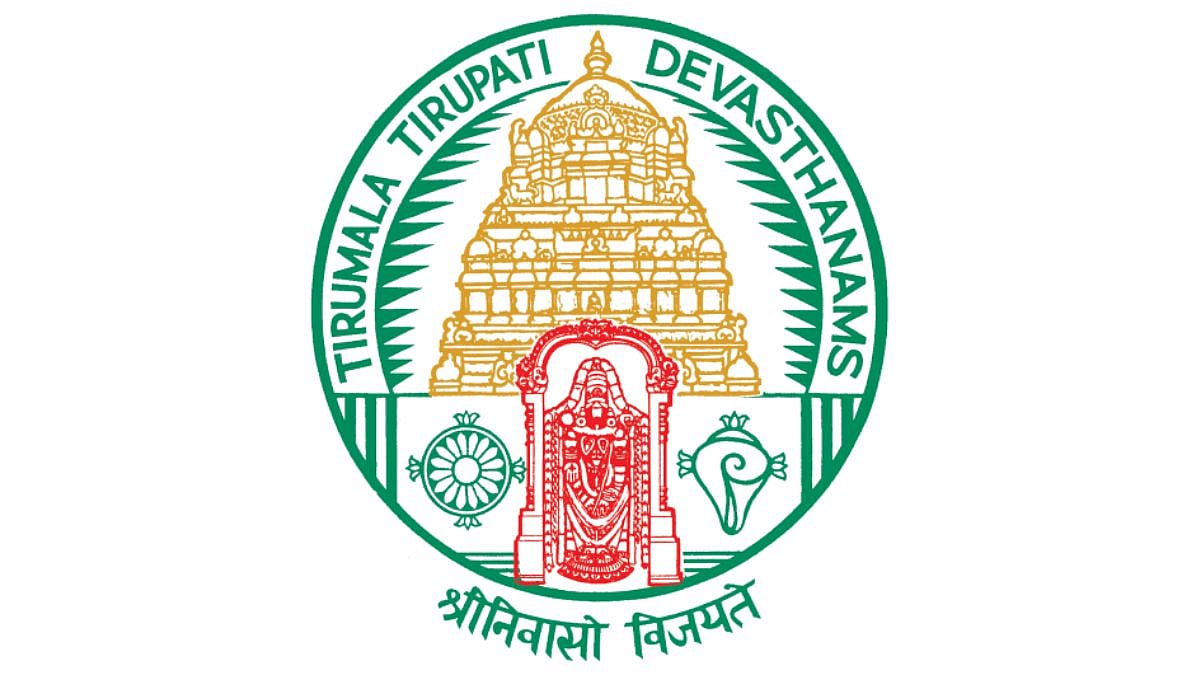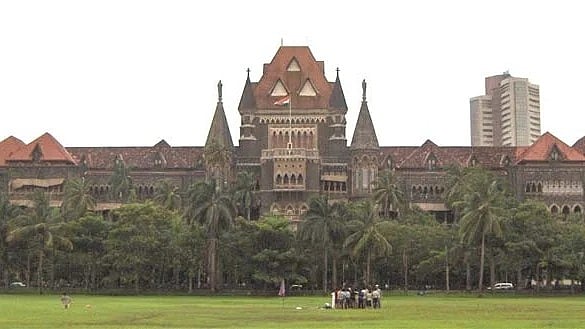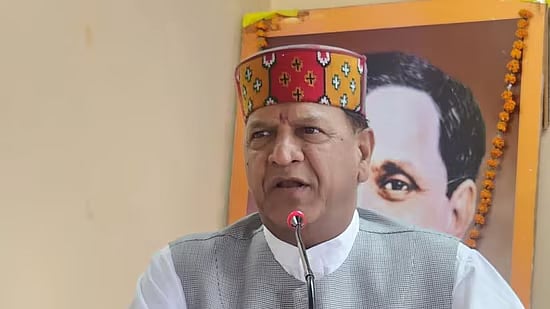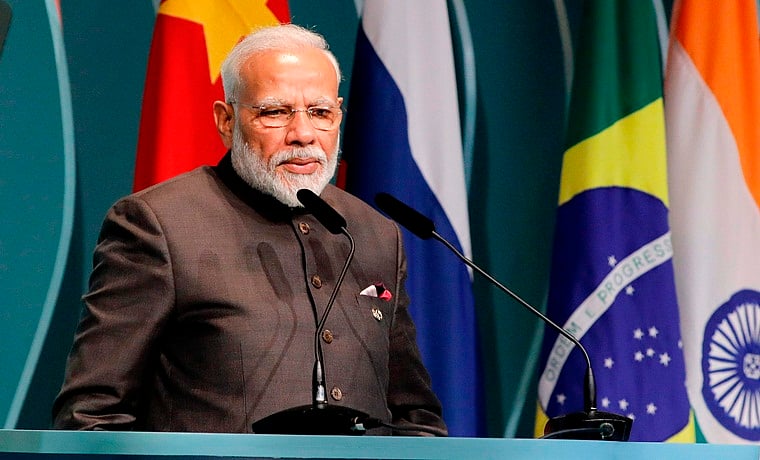Insider trading means people at the helm of a company — or at crucial power centres thereof — and their associates trading in the shares of the company on the basis of unpublished price sensitive information (UPSI) and thus being one up on other persons in the market. Rajat Gupta of McKenzie and company fame paid a heavy price for indulging in this incestuous white-collar crime, which distorts the share market equations between insiders and outsiders.
According to the US Securities & Exchange Commission administrative filing, Mr Gupta — as a board member of Goldman Sachs — learned on Sunday, Sept. 21, 2008, that Berkshire Hathaway chairman Warren Buffett was going to pump $5 billion into Goldman during Wall Street’s dark hours barely a week after the collapse of Lehman Brothers. Galleon Hedge Fund founded by Mr Gupta’s friend Raj Rajaratnam made more than $14 million in profits and avoided more than $3 million more in losses, allegedly thanks to Mr Gupta’s information about the Berkshire deal and Goldman’s quarterly earnings. Mr Gupta had to serve a term in a New York penitentiary which was the antithesis of a crowning glory to his illustrious career. He paid a heavy price by confidently sharing price-sensitive information with his partner in crime via mobile phone, little realising that the prosecutor would nail him by accessing the phone company’s records.
Of a piece with the same principle that insiders should not benefit at the expense of outsiders is the short swing profit rule in the US — any profit made by the insiders by buying and selling the shares of the company in a space of six months has to be given up to the company. This is a salutary rule that assumes that if a person privy to the vital decisions of the company buys and sells the shares of the company in such a short duration, he has a sinister motive.
It is against this backdrop that one views the Indian scenario with dismay. The Supreme Court on September 19 laid down a new criterion for nailing one accused of insider trading — that mere possession of price-sensitive information, and trading on the basis of that, are not sufficient to prove insider trading charges. It is equally important to establish that the intent behind the transaction too was to gain from the insider information.
At the heart of the matter was a 2012 shareholder agreement signed between Gammon India and Simplex NSE 4.07% Infrastructure. Both companies had received contracts from the National Highways Authority of India to build various roads and had signed an agreement through which they would invest 49% in each other's projects. However, on September 9, 2013, these shareholding agreements were terminated. One of Gammon's promoters, Abhijit Raj Rajan sold 14.4 million shares of the company on September 22, 2013. But the termination of the projects was conveyed to stock exchanges only on September 30, 2013. After the announcement, Gammon's share price surged as the company became the sole owner of the road project.
The SC has set store by the fact that Mr Rajan incurred a notional loss or passed up an opportunity to make a larger profit. It is respectfully submitted that the judgment would tangle the cases of insider trading in a complex web of intentions. Mens rea or criminal intention may be a prerequisite in criminal cases but in white collar crimes, especially insider trading, it is extraneous. Mr Rajan might have not profited fully from his insider knowledge. He might even have been naïve in his assessment that losing Simplex would weigh down the valuation of Gammon India, as he was proved wrong in hindsight. The court has pointed out that Mr Rajan obviously would not have done insider trading to incur a loss. It is again respectfully submitted that one doesn’t know really what his intentions were. He might have figured that the loss of Simplex would hammer down Gammon quotations and thus it would be prudent to sell Gammon shares before the market got a whiff of the deal. To be sure, he might not have had any abnormal profits to disgorge but that didn’t in any way lessen his guilt of insider trading. Why, then, did he take the extraordinary step of selling his massive investments in Gammon? Presumably to cut the losses which he believed were inevitable from the deal. In the share market one has two motives — profit maximisation and loss minimisation. It is respectfully submitted that the apex court while considering the former has ignored the latter.
SEBI’s track record in nailing insider trading cases is dismal. It would become even more dismal after the recent apex court verdict that obliges it to go into the intentions of those charged with insider trading. It is common knowledge that the share market is a minefield for the laity and profits are made by insiders. As per current rules, seven different kinds of information are considered UPSI. These include financial results of the company, dividend declaration, buyback announcements, announcement of expansion plans, amalgamations or mergers, disposal of shares by a major investor and anything else that is likely to materially impact the share prices.
In the Gammon case, Sebi had used the last clause — material impact on share prices. The apex court said the six types of UPSI (excluding the material impact) are very straightforward clauses that need no explanation. However, whenever the material impact on share price clause is used, the regulator will have to also establish the intent of the accused.
Like the US short swing profits rule, the SC, it is respectfully submitted, should have read in a presumptive rule that makes insiders more accountable. On the contrary, it has now given them wiggle room which they are going to lap up gratefully and with alacrity. Mr Gupta was sent to the slammer for his guilt of facilitating insider trading. His plea that he had an excellent track record of education from Ivy League institutions and serving the best consultancy firms did not wash any more than his fervent plea to do penance for his crime by serving the people of Ghana did. It is sorry to find that Indian insiders have been given a long rope that would hobble the SEBI and perhaps make insiders smirk and laugh up their sleeves. One wishes the Supreme Court had armed the SEBI with the power to conduct lie detector test of the insiders to ascertain their motives having added the new criterion of profit motive which BTW must subsume the motive to cut losses.
The writer is a freelance columnist for various publications and writes on economics, business, legal, and taxation issues









